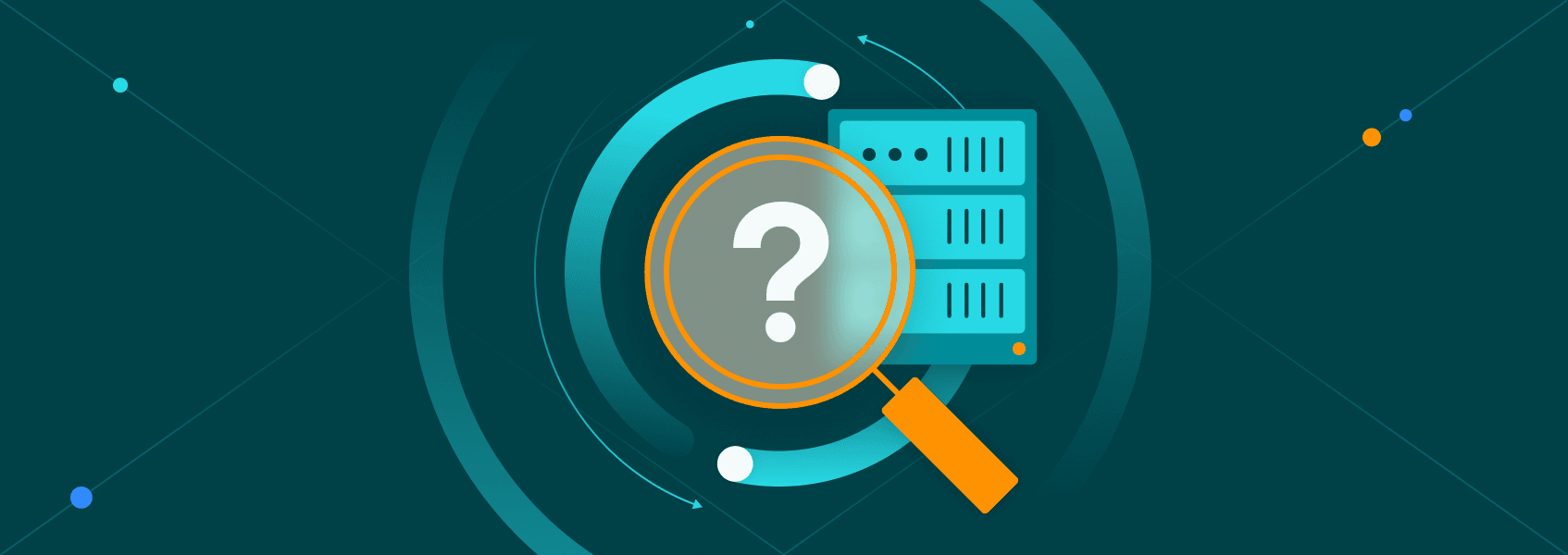What is Rotating Proxy Used for and How Does it Work?
Rotating proxies have become indispensable tools for various online tasks that require anonymity, reliability, and high-level proxy management. They are an integral part of proxy server solutions, particularly for businesses and individuals looking to optimize their online activities. In this article, we will explore what rotating proxies are, how they work, why you need them, their advantages, the drawbacks of using free proxies, and the best proxies for rotating proxy usage. Additionally, we will provide insights into configuring a proxy server for rotating proxy purposes.
Why Do You Need a Rotating Proxy?
Before delving into the specifics of rotating proxies, it’s essential to understand why they are necessary in the first place. Rotating proxies offer the following key benefits:
- Anonymity: Rotating proxies provide a layer of anonymity by masking your IP address. This is vital for tasks that require discretion, such as web scraping, data mining, and competitive research.
- Load Balancing: They distribute traffic across multiple IP addresses, preventing overloading on a single server and enhancing efficiency. This is especially useful when accessing websites with strict anti-bot measures.
- Access to Geo-Restricted Content: Rotating proxies allow you to access content and websites restricted to specific geographic regions. This is particularly useful for businesses expanding their reach or individuals looking to access region-locked content.
- Continuous Availability: Rotating proxies ensure uninterrupted connectivity by automatically switching to a new IP address if one becomes blocked or blacklisted. This guarantees a smooth online experience.
Advantages of Using a Rotating Proxy
Using a proxy server in conjunction with rotating proxies offers numerous advantages:
| Advantage | Description |
|---|---|
| 1. Enhanced Security | Proxies act as intermediaries, adding a layer of security between your device and the internet, protecting against cyber threats and potential IP exposure. |
| 2. Improved Performance | Rotating proxies distribute traffic efficiently, reducing the risk of server overload and enhancing response times. |
| 3. Effortless IP Management | Managing multiple IP addresses is simplified, making it easier to navigate dynamic online environments. |
| 4. Uninterrupted Browsing | If one IP address is blocked or detected, the proxy will seamlessly switch to another, ensuring continuous access to websites and data. |
| 5. Access to Restricted Data | With rotating proxies, you can access data from websites that might otherwise block your access due to repetitive requests. This is invaluable for web scraping and data extraction. |
What Are the Сons of Using Rotating Proxy?
While rotating proxies offer significant advantages, it’s essential to avoid the pitfalls of using free proxies, as they come with several drawbacks:
- Unreliability: Free proxies are often unreliable, leading to frequent downtime and slow connection speeds. This can hinder productivity and affect online tasks.
- Security Risks: Free proxies may not provide robust security measures, exposing your data to potential threats. It’s crucial to prioritize security when using rotating proxies.
- Limited IP Pool: Free proxies typically have a limited pool of IP addresses, making it easier for websites to detect and block them. This can result in restricted access.
- Bandwidth Limitations: Many free proxies impose bandwidth limitations, restricting the amount of data you can transfer. This can be problematic for data-intensive tasks.
What Are the Best Rotating Proxy?
Choosing the right proxies for rotating proxy purposes is essential for optimal performance. Here are some popular options:
| Proxy Type | Description |
|---|---|
| 1. Residential | These proxies use real IP addresses associated with residential locations, offering a high level of anonymity and reliability. |
| 2. Data Center | Data center proxies are more affordable and provide fast speeds but may have a higher chance of being detected by websites. |
Selecting the best proxy type depends on your specific needs and budget. Residential proxies are typically preferred for their anonymity and reliability, while data center proxies are suitable for tasks that require speed.
How to Configure Rotating Proxy?
Configuring a proxy server for rotating proxy usage involves the following steps:
- Choose a Proxy Provider: Select a reputable proxy service provider like OneProxy to ensure reliability and performance.
- Obtain Proxy IP Addresses: Acquire a list of rotating proxy IP addresses from your provider. These should be regularly updated to ensure seamless rotation.
- Configure Proxy Settings: Depending on your application or device, configure the proxy settings to use the provided IP addresses. This can usually be done in your network or application settings.
- Enable Rotation: Ensure that your proxy settings are configured to enable automatic IP rotation at regular intervals.
- Testing: Test your setup to ensure that IP rotation is working correctly and that you are maintaining anonymity and uninterrupted access.
In conclusion, rotating proxies are indispensable tools for various online tasks that require anonymity, reliability, and efficient proxy management. When used in conjunction with a proxy server, they offer enhanced security, improved performance, and access to geo-restricted content. However, it’s crucial to avoid the drawbacks of using free proxies and select the right proxy type for your specific needs. By following proper configuration steps, you can harness the power of rotating proxies effectively.













